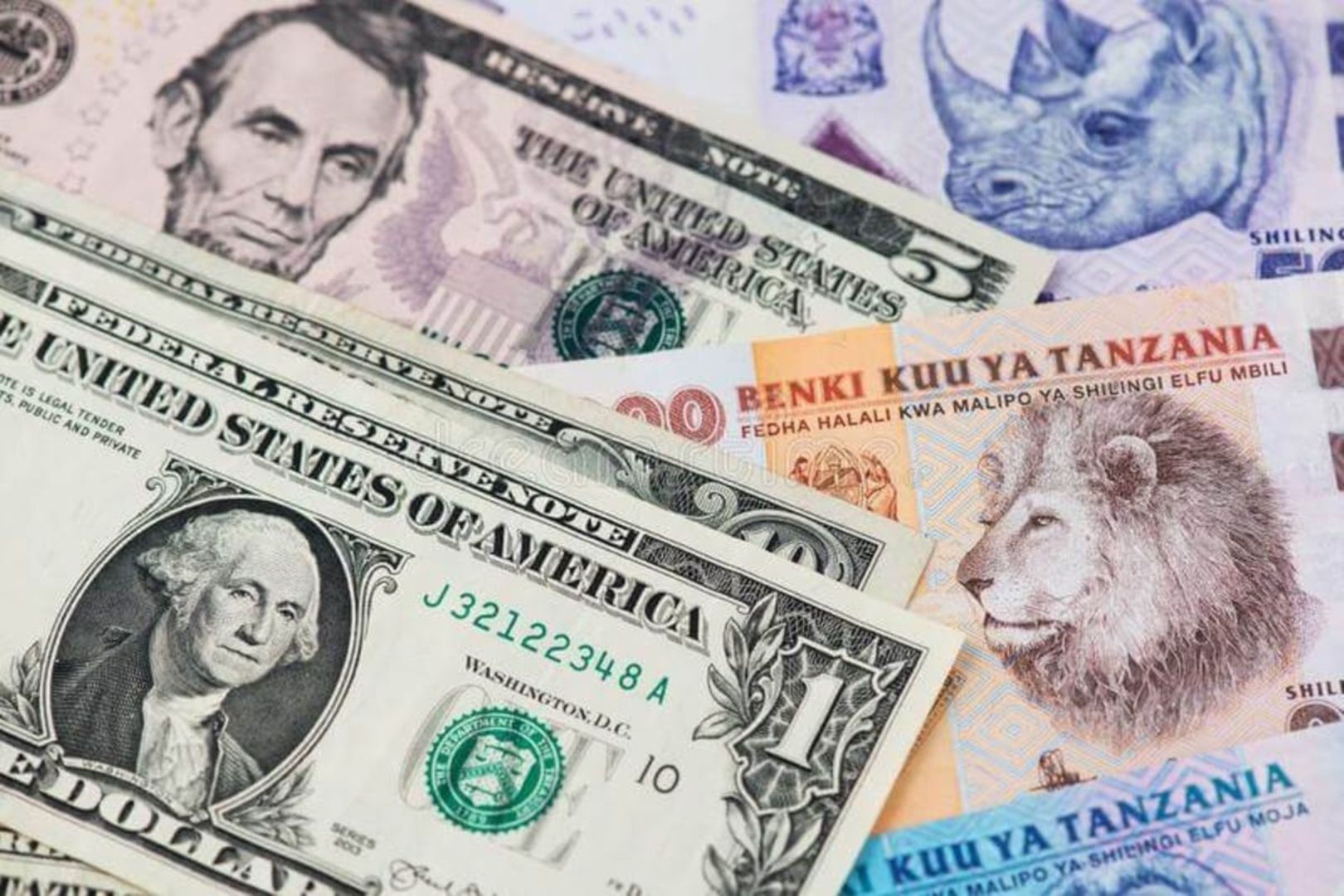Russia-Ukraine war may hit recovery of tourism to Tanzania

Russian tourists walk on the tarmac shortly after their chartered flight landed at the Abeid Amani International Airport in Zanzibar in November 2020. PHOTO | FILE
What you need to know:
Russia and Ukraine are among Tanzania’s five leading sources of tourists, with Russia being the biggest source by far with a total of 74,579 arrivals in the first six months of last year, according to National Bureau of Statistics figures
Dar es Salaam. Tanzania’s tourism sector is recovering steadily from the impact of the global Covid-19 pandemic, but available data shows that the ongoing war between Russia and Ukraine could scuttle this recovery.
The Bank of Tanzania (BoT) says in its February 2022 Monthly Economic Review (MER) that the sector is well on the path to recovery, with the number of tourist arrivals jumping 66.2 percent to 943,008 during the year ending January 2022.
As a result, earnings from the sector more than doubled to $1.433 billion during the year ending January 2022 from $682.1 million during the preceding corresponding period.
Of particular interest to tourism watchers, however, would be the sustainability of the recovery in the wake of the ongoing conflict between Russia and Ukraine.
According to National Bureau of Statistics (NBS) figures, Russia and Ukraine are among Tanzania’s five leading sources of tourists arriving from Europe and North America.
Russia led by far, with a total of 74,579 arrivals in Tanzania in the first six months of last year (January to June 2021).
Second on the list was Poland, with 16,351 tourist arrivals during the same period.
The US, France and Ukraine were third, fourth and fifth, with 16,199, 10,332 and 9,568 arrivals, respectively, during the period under review.
With the war between Russia and Ukraine entering its 11th day yesterday, Poland, which is also a key source of visitors to Tanzania, was busy receiving Ukrainian refugees across the two countries’ border.
Tanzania Tourist Board (TTB) principal public relations officer Robert Masunya told The Citizen that the Russia-Ukraine war could affect the number of tourist arrivals because Russia is now trying to control cash outflows to shield its $1.5 trillion economy.
To prop up this vital sector of the economy, he said TTB was conducting a study on new markets and products that would put the country’s plan of attracting 5 million tourists annually by 2025 on track.
“In renewed efforts to diversify our tourist sources, we are conducting research to identify new products that will be attractive to both domestic and foreign tourists,” noted Mr Masunya.
Citing World Expo 2020 Dubai as an example, he said TTB was marketing Tanzania as a preferred tourist destination through various forums and platforms.
Tanzania Society of Travel Agents (Tasota) chairman Moustafa Khataw told The Citizen yesterday that the tourism sector was bracing for fallout from Russia’s invasion of Ukraine.
“Effects from the war have already started to be felt. The skies have turned hostile amid the Ukraine-Russia conflict, thus reducing the number of people travelling,” noted Mr Khataw, who is also Honorary Consul at the Honorary Consulate of the Slovak Republic in Tanzania.
He said Russians, Ukrainians and citizens of countries such as Poland feared that they would risk their lives if they got out of their countries now, and if the war escalated.
Citing examples of India and the US, Mr Khataw said it was time the government made more efforts to find alternative sources of tourists.
“There are bigger fears still that the crisis will affect Tanzania’s tourism sector by not only slashing the number of arrivals from Russia and Ukraine, but also from countries bordering them, and that is why we need to diversify our sources of tourists.
“We need to intensify our marketing campaigns by telling the rest of the world that Tanzania is a safe place for them to visit despite what is going on between Russia and Ukraine.”
Zanzibar Commission for Tourism public relations officer Mohamed Bajuni said the war between Russia and Ukraine would affect the tourism sector significantly.
He said the commission would advise the government to come up with a number of measures, including new packages, that would attract more tourists from various parts of the globe.
Mr Bajuni added that tour operators, including hoteliers, also need to be provided with incentives that would enable them to lower operating costs and, by extension, the cost of their services.
He said Russians and Ukrainians who had already made bookings to visit Zanzibar before their plans were interrupted by the war should be offered a relief package that would encourage them to travel out of their countries through Poland.
“We are conducting a survey to see who deserves the relief package before advising the government on the same,” said Mr Bajuni.





